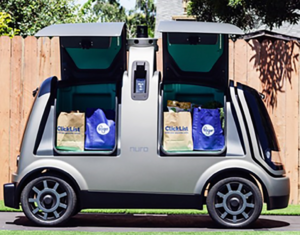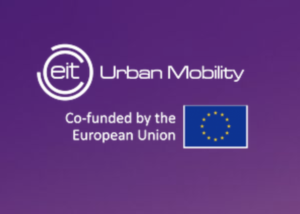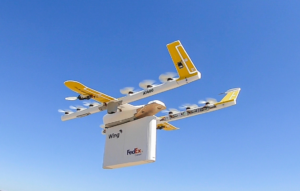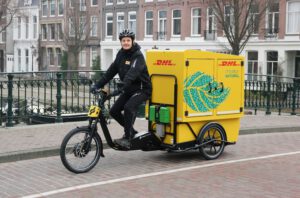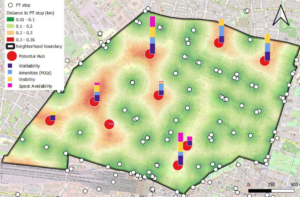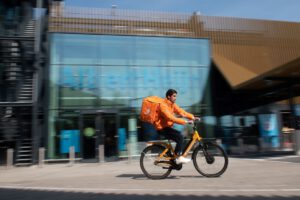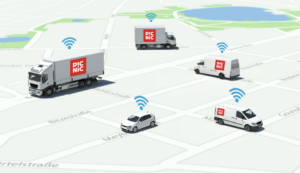Establishing bike logistics in urban areas: experiences from entrepreneurs and local policy actors

A research paper by Karolina Isaksson and Jens Alm aims to deepen the insights into specific policy and planning prerequisites that affect how bicycle logistics services can be initiated and established in urban environments. Empirical data consist of policy documents and qualitative interviews with bicycle logistics entrepreneurs and local policy actors from four Swedish municipalities, which …

